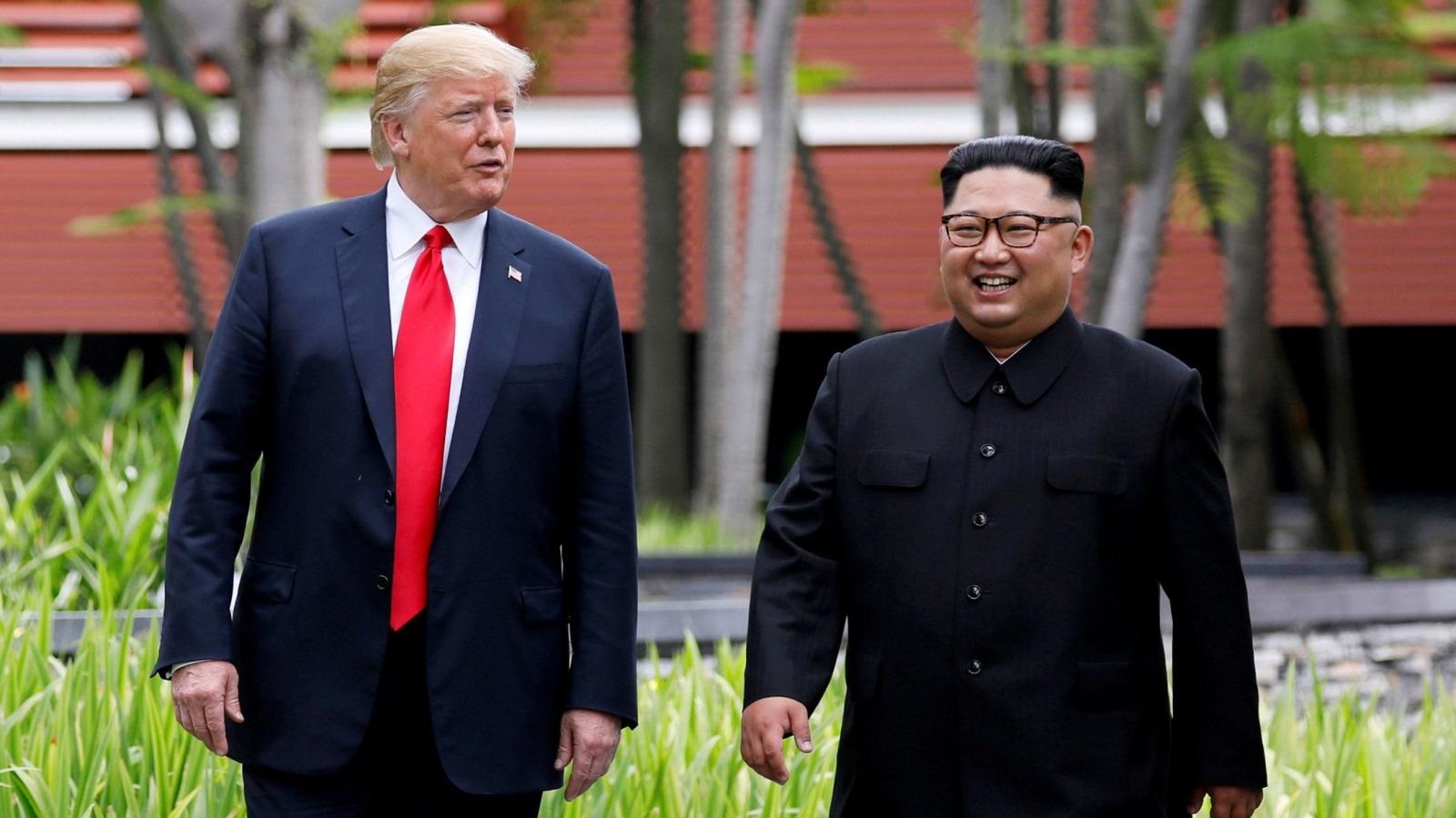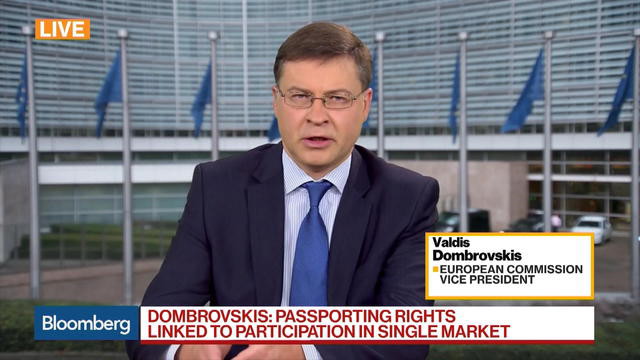South Korea Confident That Rumors of Kim Jong-un Illness Are Wrong
Comments by the country’s unification minister represent the South’s most categorical rebuttal of reports that the North’s leader may be incapacitated.
- By Choe Sang-Hun
SEOUL, South Korea — South Korea is confident that there is no basis to the recent swirl of rumors that the North’s leader, Kim Jong-un, is gravely ill, the South’s chief policymaker on the North said in comments reported on Monday.
“Our government has enough information-gathering capabilities to say confidently that there is nothing unusual” about Mr. Kim’s health, Kim Yeon-chul, South Korea’s unification minister, said during a forum on Sunday. Video footage of his comments was made available on Monday.
The comments were South Korea’s most categorical rebuttal yet of the recent reports about the North Korean leader, some of which said that he was “in grave danger” or had become “brain-dead” or was in a “vegetative state” after botched heart-valve surgery.
It is highly unusual for a senior South Korean official to publicly dispute news reports about what is happening inside North Korea’s secretive leadership. Normally, South Korean officials maintain a neither-confirm-nor-deny policy, at least on the record, for fear of disturbing sensitive relations between the two Koreas. South Korea has repeatedly issued statements, including one from President Moon Jae-in’s National Security Council, that there was “nothing unusual” in the North, a stock phrase it uses to cast doubt on unsubstantiated news reports on North Korea.
President Trump also called the rumors “incorrect.” On Wednesday, the vice chairman of the American military’s Joint Chiefs of Staff, Gen. John Hyten, said that he had no reason to doubt that Mr. Kim was “still in full control of the Korean nuclear force and the Korean military forces.”
Still, the rumors proliferated on social media, often picked up by mainstream news outlets, largely because North Korea has not reported a public appearance by Mr. Kim for two weeks or responded to lurid claims about his health.
The prevalence of such rumors was also fueled by fears over what might happen to the unpredictable, nuclear-armed regime in Pyongyang should its totalitarian leader be incapacitated. Although most past rumors about the health of North Korean leaders have turned out to be groundless, some proved true, like the speculation that Mr. Kim’s father, Kim Jong-il, had a stroke in 2008.
Mr. Kim, the South Korean unification minister, called the current torrent of rumors symptomatic of an “infodemic.”
He said that when the South Korean government’s National Security Council issued a statement reporting “nothing unusual” in the North, it did so after carefully assessing a complex set of sources of information. But he said he could not go into details, given the nature of intelligence-gathering work.
“I want to emphasize that when officials say such things, they don’t do it idly,” Mr. Kim said, referring to General Hyten’s comment and the constant intelligence cooperation between South Korea and the United States. “They say them based on assessment of information.”
Kim Jong-un last appeared publicly on April 11. Speculation about his health began swirling after he missed state celebrations for his country’s biggest holiday, the April 15 birthday of his paternal grandfather, Kim Il-sung, the founder of North Korea.
The rumors gained traction after Daily NK, a Seoul-based website relying on anonymous sources inside the North, reported last Monday that Mr. Kim was recovering from heart surgery performed on April 12. The next day, CNN reported that Washington was monitoring intelligence that Mr. Kim was “in grave danger.” Unconfirmed news reports followed that China had sent doctors to North Korea.
Mr. Kim, the unification minister, criticized the original Daily NK report.
The website reported that Mr. Kim had undergone surgery at Hyangsan Hospital, a clinic “dedicated to treating the Kim family” that is near Mount Mohyang, north of Pyongyang.
But the South Korean unification minister said that Mr. Kim had not gone to Hyangsan, and that the hospital there was just a “regular local health clinic” not capable of conducting a major surgery.
In recent days, longtime North Korea experts in Seoul have begun speaking out against rumors based on anonymous sources in China.
“Even if Kim Jong-un is indeed dead or in a critical condition, there is a near-zero chance for North Korea to have told the Chinese,” Chun Yung-woo, a former senior presidential aide for foreign affairs, said in a Facebook post on Sunday. “People who don’t know how much the North Koreans distrust the Chinese are likely to believe such a possibility.”
Kim Byung-kee, a former intelligence official who is now a lawmaker and a member of the National Assembly’s intelligence committee, said on Sunday that groundless rumors about North Korea proliferated partly because few were held accountable for spreading false information.
“When it comes to North Korea, no matter what you say, you are not held responsible for the consequences and people soon forget,” Mr. Kim said on Facebook on Sunday.
-Courtesy of The New York Times




















Comments